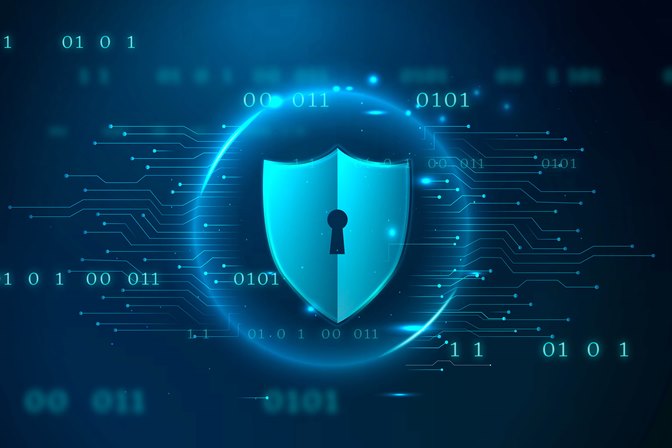Data Security For Nonprofits: How Can Nonprofits Lock Down Data and Protect Their Organization?, As a nonprofit organization, one of the most important assets you have is the data you collect and store.
Posted Friday, March 17, 2023
Data Security For Nonprofits: How Can Nonprofits Lock Down Data and Protect Their Organization?
As a nonprofit organization, one of the most important assets you have is the data you collect and store. This data is critical to your mission and the trust you have built with your supporters and stakeholders. As such, it's important to ensure that your data is secure and protected from potential threats such as theft, loss, or unauthorized access.
Here are a few steps you can take to lock down your data and protect your organization:
1. Conduct a Risk Assessment:
The first step in securing your data is to understand what you need to protect and what potential threats exist. Conduct a risk assessment to identify sensitive data and the potential threats to that data, including internal threats (such as employees or contractors) and external threats (such as hackers).
2. Implement Strong Passwords and Authentication:
One of the simplest and most effective ways to secure your data is to implement strong passwords and authentication. Require employees and contractors to use strong passwords, and consider implementing two-factor authentication for added security.
3. Encrypt Sensitive Data:
Encrypting sensitive data makes it unreadable to unauthorized parties, even if the data is stolen. This includes encrypting data in transit (when it's being transmitted), at rest (when it's stored), and in use (when it's being processed).
4. Use Antivirus Software and Firewalls:
Antivirus software and firewalls can help protect your organization from malware and other threats. Ensure your software is up-to-date and employees are trained on the importance of not downloading or opening suspicious files or links.
5. Regularly Backup Data:
Regularly backing up your data can help protect against data loss or corruption. Store backups in a secure, off-site location, and test your backups regularly to ensure they can be restored if needed.
6. Train Employees on Data Security:
Employee training is critical to securing your data. Train employees on best practices for data security, such as using strong passwords, avoiding suspicious files and links, and reporting any security incidents.
7. Have a Plan in Place for Security Incidents:
It's important to have a plan in place in the event of a security incident. This includes knowing who to contact, what steps to take, and how to communicate with stakeholders.
By taking these steps, you can help lock down your data, protect and improve data security for nonprofits organization. It's important to remember that data security is an ongoing process and that you should regularly review and update your security practices to avoid potential threats.
How can a nonprofit lock down computers and laptops' administrative controls?
Locking down computers and laptops is a critical step in protecting sensitive information and ensuring the security of your nonprofit organization. Here are a few steps you can take to lock down computers and laptops:
1. Install Antivirus Software and Firewalls:
Antivirus software and firewalls can help protect your computers and laptops from malware and other threats. Ensure your software is up-to-date and employees are trained on the importance of not downloading or opening suspicious files or links.
4. Encrypt Data:
Encrypt sensitive data stored on computers and laptops to make it unreadable to unauthorized parties, even if the device is stolen. This includes encrypting data in transit, at rest, and in use.
Data Security For Nonprofits Conclusion
In closing, it is of utmost importance for nonprofits to lock down their organization data, computers, and laptops. Protecting sensitive information is not only a matter of security but also a matter of trust. By taking the necessary steps to secure your data, you demonstrate your commitment to protecting the interests of your stakeholders and supporters. Furthermore, ensuring the security of your computers and laptops can also help you avoid costly data breaches, legal penalties, and damage to your organization's reputation. By prioritizing data security for nonprofits, nonprofits can operate with peace of mind, knowing that their assets and information are safe and secure.

